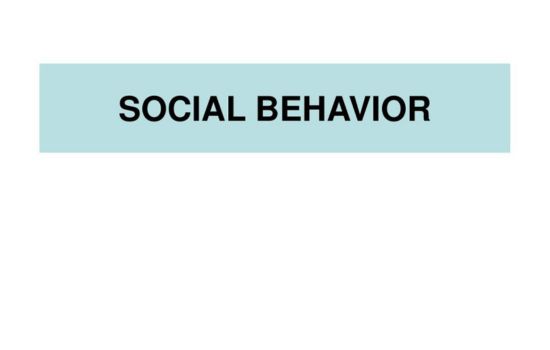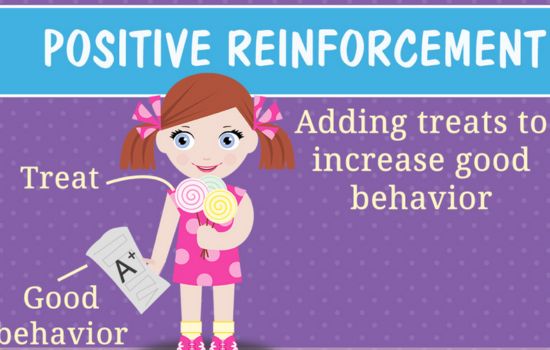Parenting is a difficult process for anybody, but single parenting presents its own set of obstacles. Single parents frequently juggle many roles and obligations, seeking to do the best for their children in the absence of a spouse. This dynamic can result in unique behavioral patterns among children raised in single-parent households, which may be seen as odd or peculiar.
Table of Contents
Cognitive development:
Cognitive development is a branch of neuroscience and psychology that studies how a child develops in terms of information processing, conceptual resources, perceptual skills, language learning, and other aspects of the adult brain and cognitive psychology. There are qualitative distinctions between how a toddler and an adult process their waking experiences. Cognitive development is described as the ability to deliberately think, understand, and explain one’s understanding in adult terms. Cognitive development refers to how a person observes, thinks, and understands their surroundings through the interaction of genetic and learning variables.
Understanding the Single-Parent Household:
In a single-parent household, one parent serves as both caretaker and provider. This position can emerge as a result of a variety of factors, including divorce, separation, the death of a spouse, or a deliberate decision to raise a child alone. While each family is unique, single parents frequently confront similar obstacles such as financial pressure, time management issues, and mental stress. These issues might impact the home environment, which in turn affects the children.
Behavioral Patterns in Children of Single Parents:
Children in single-parent households may exhibit unique behaviors when compared to those in two-parent families. These behaviors can be classified into the emotional, social, and academic domains.
Emotional responses:
Heightened Anxiety and Stress: Children may experience higher anxiety as a result of life’s instability or continual change. They may be concerned about their parents’ health and money, which might cause increased stress.
Increased independence:
In contrast, many youngsters develop a strong sense of independence and responsibility early one. This can include doing domestic tasks or caring for younger siblings.
Attachment Issues:
Some children may exhibit difficulties detaching from their parents due to fear of abandonment or loss.
Social Behavior:
Children from single-parent households generally develop mature social skills, such as empathy and understanding, as they take on adult tasks at home.

Difficulty Forming Relationships:
Children who lack trust or a stable family model may struggle to form and sustain friendships and love relationships.
Academic Performance:

Variability in Academic Success:
Some children may thrive academically because they want to help and stabilize their solitary mom. Others may struggle because of the emotional and environmental challenges they endure.
Behavioral Issues at School:
Acting out or engaging in attention-seeking behaviors at school can be a method for children to express their frustrations or seek attention that they may be lacking at home.
Addressing and Supporting Odd Behaviors:
Recognizing and resolving these behaviors is critical to the well-being of both the child and the parent. Here are a few strategies:
Open Communication:
Encourage honest and open communication about feelings and experiences. Providing a safe area for children to express themselves can help to reduce their anxiety and establish trust.
Consistent Routines:
Consistent daily routines can give security and predictability, especially for single-parent households.
Seek support:
Seek support through community resources, support groups, and counseling services. Professional assistance can help both the parent and the child negotiate their specific obstacles.
Positive Reinforcement:
Recognize and acknowledge the child’s accomplishments, no matter how tiny. Positive reinforcement can help they gain confidence and motivation.

Quality Time:
Set aside time to bond and engage in activities together. This can improve the parent-child bond and give emotional stability.
Conclusion:
Single parenting is a challenging but rewarding experience that shapes individuals who are distinctive and resilient. Understanding the behavioral patterns of children in single-parent families is critical for giving adequate support and creating a caring atmosphere. Single parents who address these issues with sensitivity and proactive tactics can help their children thrive despite the difficulties. The key is love, patience, and constant support.

